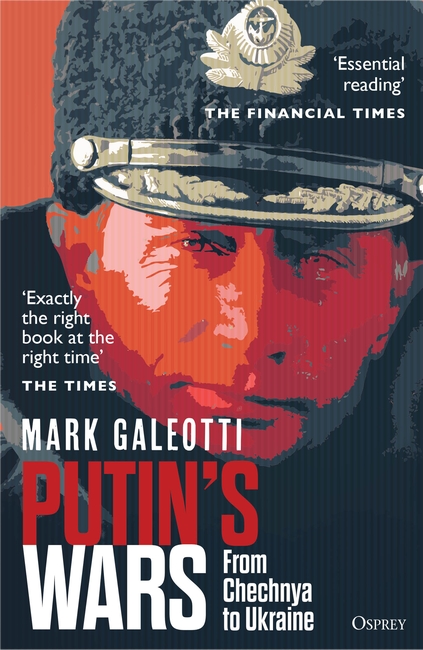
It is worth remembering that Putin has no real military experience. He did the bare-bones officer reserve training at university back in the 1970s, but there is no evidence that he took it especially seriously, and as soon as he joined the KGB on graduating, he used that to get out of any further reserve commitments. Instead of a military genius, he is arguably more of a military fanboy, always happy for a photo opportunity in camouflage, in a cockpit, or on a firing range, but with little real conception of the realities of warfare.
This became painfully obvious during his invasion of Ukraine in February 2022. He had watched his armed forces roll into Georgia in 2008 and win a clear victory without truly appreciating the degree to which this was a ludicrously asymmetric fight, especially as the best Georgian troops were at the time deployed as part of the multi-national force in Iraq. He had seen his special forces seize Crimea almost bloodlessly in 2014 without acknowledging the degree to which this reflected both the widespread local support for Moscow and also that the Ukrainian government at the time was in virtual collapse. What he had not understood was that Russia’s successes – which also included the Second Chechen War and the deployment to Syria – had all been in relatively limited operations against substantially weaker foes. Although he had been dumping money into the military for two decades, and it was indeed going through reform, this was still a slow and piecemeal process.
But then again, why would he have understood this? He thrilled as his soldiers marched through Red Square in clockwork order and as new armoured vehicles rumbled and squeaked their way after them without thinking of the necessity of the tail behind the teeth. In other words, that soldiers need to be properly trained, housed, fed, and motivated, and tanks need fuel and oil, ammunition and maintenance if they are to play their role on the battlefield. His invasion, one that was apparently largely sprung on his own generals and flouted near enough every tenet of Russian military art, was war as imagined by an amateur, one who thought he understood it and who had created an authoritarian system which prevented or deterred anyone from trying to disabuse him.
So this is very much Putin’s war, and whatever the outcome, it is not only devastating for Ukraine, but also for Russia. When I wrote the extra chapter for the paperback edition of Putin’s Wars in August of last year, I noted:
a growing sense that this is not a war that can quickly be won. After all, even if every Russian soldier is driven from every square inch of Ukrainian territory, that in itself does not end the war, merely make the national border the new front line.
Sadly, much as I would have liked to have been proven wrong, that now seems to be the case. The Russians weathered Ukraine’s counter-offensive (and a mutiny by the Wagner mercenary army) and demonstrated their usual rough-and-ready capacity to respond to their circumstances. Now the talk is of Kyiv treating 2024 as a ‘building year,’ preparing for a renewed major attack in 2025. This may well make good military sense – the preparations for D-Day took well over a year – but it necessarily raises the depressing prospect of a lengthy, attritional struggle, one in which Russia’s advantages in population and, at least for the moment, industrial capacity will count.
In the long run, it may be that Russia will be able to freeze this conflict, maintaining control of some of the occupied territories. Nonetheless, the military machine Putin has built is in ruins, and the claims he advanced to Russia’s new-found military power are increasingly threadbare. Arms sales are down thanks both to sanctions but also the indifferent performance of many Russian systems on the battlefield. Increasingly substantial (and, in the long run, unaffordable) salaries are having to be offered to lure recruits into the military. This year, over a third of the state budget is being devoted to the war, but even the Finance Ministry is quietly warning that this is not sustainable. The fanboy of the Russian armed forces turned out also to be its nemesis.
The paperback of Putin's Wars is available now.


Comments
You must be logged in to comment on this post. Click here to log in.
Submit your comment